
Animal Cell culture Techniques
Animal Cell

BCH-DE-516: Methods in Research
AIM: The course is designed to act as an introduction to students on the fundamentals of scientific aptitude and analytical skills in research, issues of ethics and plagiarism.
OBJECTIVES: To nurture analytical skills and awareness on various aspects of research in biochemistry.
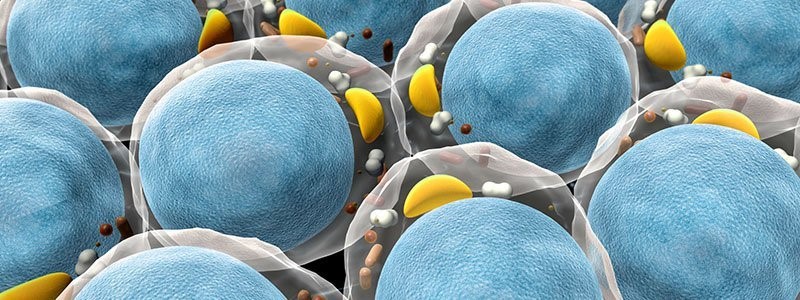
METABOLISM 1
AIM: This course is aimed at providing an insight into various metabolic pathways operating in living cells with special stress on carbohydrate, lipid metabolism and the electron transport chain.
OBJECTIVE: The main objective is to make students familiar with metabolism, the set of life-sustaining chemical transformations within the cells of living organisms. These enzyme catalyzed reactions allow organisms to grow and reproduce, maintain their structures, and respond to their environments. Carbohydrate and lipid metabolism are the fundamental biochemical process that ensures a constant supply of energy to living cells. This course give students an understanding of the basic metabolic pathways and their regulation.
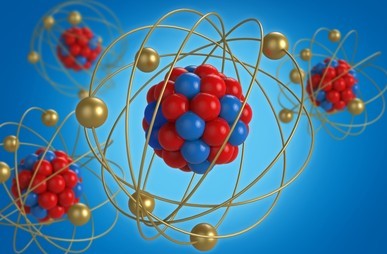
BIOMOLECULES
AIM: This course introduces the classifications, synthesis and reactions of biomolecules such as carbohydrates, proteins, nucleic acids and lipids. It will also emphasize on the three-dimensional structures and fundamental concepts of stereochemistry.
OBJECTIVE: The main objective of this course is to give students thorough knowledge on biomolecules, their characteristic properties and organization in carrying out all the living functions which constitute the life. The course deals in detail with study of definition, classification, structure and cellular functions of biomolecules - carbohydrates, lipids, proteins nucleic acids and vitamins

BCH-CC-514 PHYSIOLOGY AND SPECIALISED TISSUES
To study how foods are digested and absorbed, to help in study structure and functions of circulatory, respiratory, renal, muscular, and nervous system of the body. It also deals with characteristics and biochemical functions of specialized tissues like connective tissues epithelial tissues and photochemical reactions of eye.

BCH-CC-512 ADVANCED TECHNIQUES IN BIOCHEMISTRY
The
objective of this course is to train students the principle and applications
of basic laboratory equipments and to expose the students to various advanced
laboratory techniques in areas of biochemistry
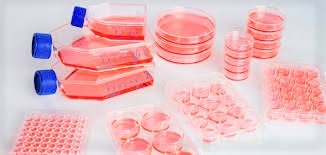
Animal Cell culture (Module 2 of BCH 712 & GAG712)
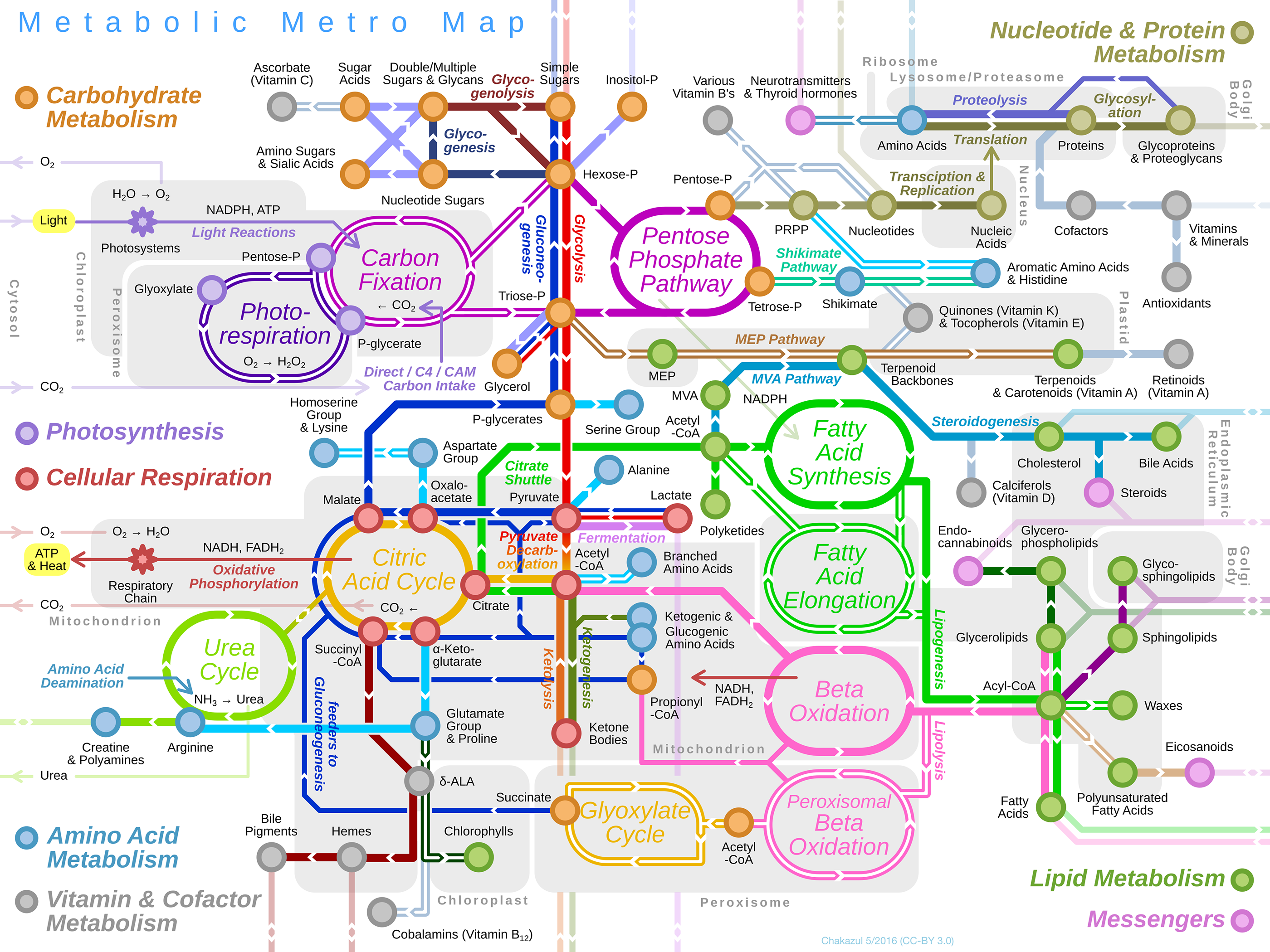
BCH-CC-523: Metabolism-II
AIM: The course is designed to give the students insight into the metabolic fate of steroids, amino acids and nucleic acids, and their secondary derivatives in the human body.
OBJECTIVE: The main objective of this course is to make students familiar with the various control and metabolic regulation (hormonal and non-hormonal) and integrating mechanisms of diverse biochemical events in different metabolic processes.

Tissue Engineering
Providing graduates with a breadth of understanding of inter- & multidisciplinary scientific curriculum.
Furthermore, an ability to identify, formulate and design, to create living tissue to replace or repair tissue, a failing organ or a damaged or missing body part.

Enzymology
AIM: The course is aimed to provide the students with basic knowledge of enzymes and their biochemical aspects.
OBJECTIVE: Introduction to the general aspects of enzymes and a brief awareness on the kinetics, mechanism and applications of them.
COURSE OUTCOME
After the completion of this course, the student will be able to:
CO1: Define enzyme and enzyme activity(R)
CO2: Describe enzyme nomenclature and classify enzymes (R)
CO3: Explain factors that affect enzyme activity (An)
CO4: Explain various enzyme techniques (An)
CO5: Illustrate the kinetics and mechanism of action of enzymes (Ap)
CO6: Discuss industrial, pharmaceutical and clinical applications of the enzymes (E)

MOLECULAR BIOLOGY
Molecular biology is a specialised branch of biology to understand the interrelationship between DNA, RNA and proteins and how these are essentially regulated
AIM: The aim of this course is to provide students with an advanced knowledge of molecular biology so as to appreciate and understand molecular mechanisms involved in storage, transmission and expression of genetic information
OBJECTIVES: This course is designed to engage the students in the finer details of molecular events in the nucleus associated with genetic information processing and their regulation.
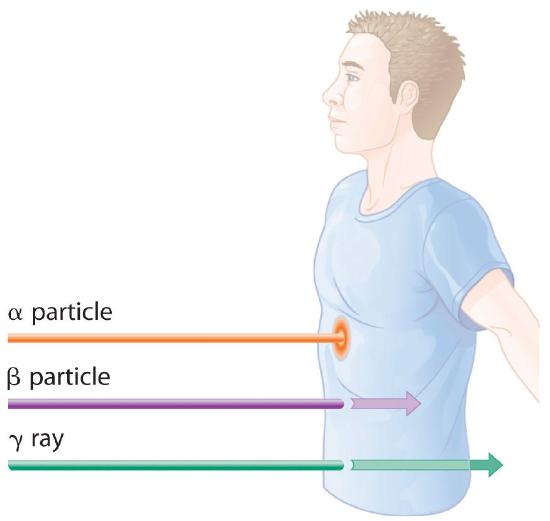
BCH-DE-517: Radioactivity and Radiation Biology
AIM: To introduce the students to the theoretical aspects of radioactivity and radiation biology.
OBJECTIVE: The course is designed to act as an introduction to students on the principle and applications of radiation and the effects of radiation on health.

Microbial Biochemistry
Microbial Biochemistry deals with the biochemical aspects of Microorganisms.....
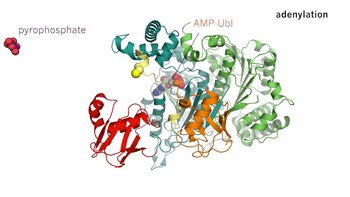
Enzymes
Course Outcomes:
After the completion of the course the student will be able to
- Understand the Nomenclature and classification of enzymes.
- Apply the knowledge on isolation and purification of enzymes for practical purpose.
- Predict possible catalytic mechanism of a given reaction type.
- Apply knowledge on enzyme kinetics for laboratory and research purpose.
- Compare different types of enzyme inhibition and its kinetics.
- Describe the major applications of enzymes in industry and medicine.
- Understand the principles of enzyme immobilization techniques.
- Describe the role of different coenzyme involved reactions.
- Predict the type of enzyme inhibition from kinetic data.
- Calculate and express the activity of enzymes in a reaction.

BCH-CC-534: MOLECULAR IMMUNOLOGY
AIM: To study the immunity or mechanism that normally protects individuals from infection and how to eliminate foreign substances.
OBJECTIVE: To know the organs, cells and molecules responsible for immunity. To give clear understanding of cellular and molecular events that occurs after an organism encounters microbes and other foreign macromolecules. To correlate serological reactions used in the diagnostic laboratory to detect interactions between antigens and antibodies.
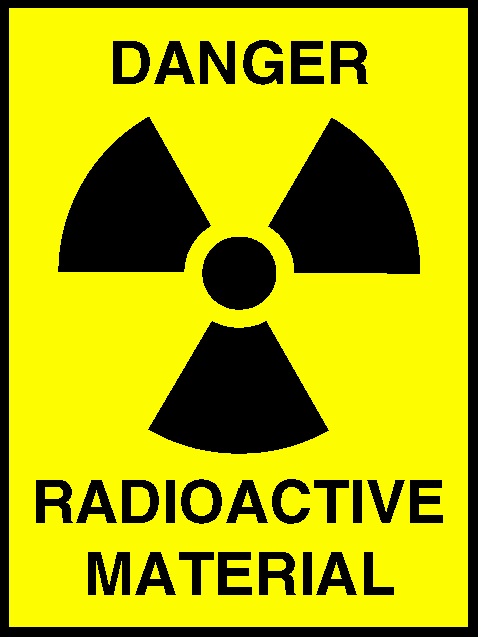
BCH-GC-501: RADIATION BIOLOGY AND HEALTH
AIM: The course is designed to act as an introduction to students on the principle and applications of radiation and the effects of radiation on health.
OBJECTIVE: To sensitize the student to various aspects of radiation biology, its hazards and potential remedial measures.

CLINICAL BIOCHEMISTRY
To study the diseases related to digestion and absorption of foods and to study the defect related to their metabolic pathways, consequences, biochemical, clinical features, diagnosis and treatment.

BCH-C-533 PLANT BIOCHEMISTRY
Plant biochemistry is an aspect of Biochemistry that
involves the study of the chemistry of certain processes like photosynthesis
operating uniquely in plants. The subject illustrates the impact of plants on
humans in supplying food and raw materials that have industrial and
pharmaceutical applications.
On completion of the course the learner is expected to:
- Have a better understanding of the concepts and principles of plant biochemistry.
- Acquire an understanding of secondary metabolites from plants that have value in pharmaceutical, food, agricultural industries and ecology.